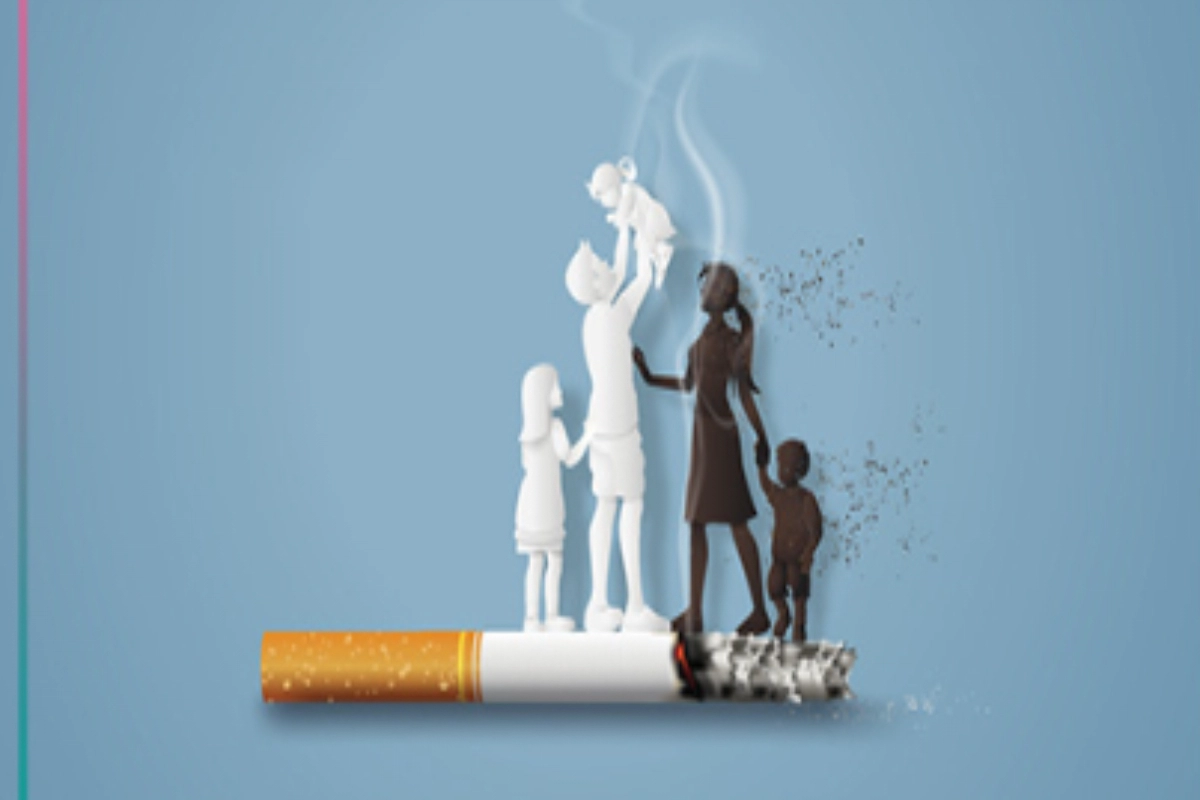Smoking vs Infertility in Women: Long associated with numerous health problems, smoking also has a lesser-known impact on fertility, especially in women. Smoking majorly disrupts the conception ability in a woman and negatively affects reproductive health in various ways.
Impact on Female Reproductive Health
However, smoking quintuples the risk of infertility among women, which is twice among women who smoke compared to non-smokers. An important act for conception, the quality and quantity of eggs damage the reproductive system. Toxic chemicals like nicotine, tar, and carbon monoxide interfere with hormone production that regulates ovulation and maintains a healthy reproductive cycle.
Smoke has been causing a significant impact on the ovarian reserve with loss of eggs. The eggs in women have a limited number, and smoking fast degrades them leading to an early age menopause. Smoke from cigarettes damages the DNA within the egg and, therefore, makes conception difficult for a woman.
Delayed Conception and Increased Probability of Infertility
The studies point out that infertility is much more common in the smokers compared to nonsmokers. In this respect, women who smoke are 41.8% more likely to be infertile compared to non-smokers. Additionally, the women may face issues while being successfully treated through such fertility treatments, like in vitro fertilization (IVF), since smoking reduces the efficiency of such treatments.
More over, smoking may increase the risk of ectopic pregnancies in women whereby the embryo will attach itself elsewhere apart from the uterus, making matters complicated as far as maintaining a full term pregnancy is involved.
Long-term Reproductive Health Impacts
Other than the fertility and ability to bear children, smoking can affect myriad other aspects of reproductive health. Smoking leads to miscarriages and stillbirths among women who smoke because cigarette smoke restricts blood flow to the uterus and impairs the placenta’s health. Aside from the fact that the act has a chance of exposing the developing fetus to dangers of death, it also increases various risks associated with motherhood.
